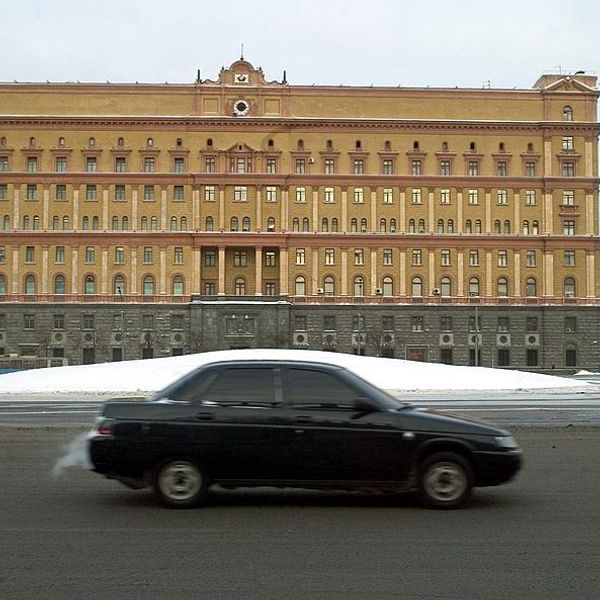Bottom Line Up Front
- The U.S. government has confirmed that it repatriated eight U.S. citizens—two women and six children—who were with the Islamic State in Syria.
- The eight had been held by Syrian Kurdish forces, part of the tens of thousands of former Islamic State militants and family members detained in camps.
- There is a growing urgency for nations to repatriate their citizens from Syria and Iraq, including foreign fighters and their family members who joined IS.
- Recent reports suggest that a French delegation in Syria took custody of 12 French orphans, while the Netherlands took responsibility for two Dutch orphans.
Most Western countries have been persistently avoiding the repatriation of their citizens and their families who joined the Islamic State. But the problem will not simply go away on its own. On the contrary, as conditions in the overcrowded temporary detention camps in northeastern Syria continue to deteriorate, the issue only grows more urgent. There have been some recent positive developments of note, however. On June 10, Syrian Kurdish officials announced that a delegation of French and Dutch officials traveled to Syria and took custody of 14 orphans; 12 were French children, two were Dutch. The security and humanitarian concerns emanating from overcrowded camps have compelled some European governments to take action, at least with respect to orphan children whose parents were killed in Syria or Iraq.
The French Foreign Ministry has reported that approximately 450 French citizens are being held either in prisons or detention camps in Iraq and Syria. Paris is in no hurry to bring these people back to either stand trial for their alleged crimes or attempt to help them reintegrate into a society that many of them shunned when they decided to leave Europe to join the caliphate. Eleven French citizens have been convicted of crimes associated with the Islamic State by Iraqi courts and subsequently sentenced to death. France supported Iraq’s decision to try the men for their crimes, recognizing Iraq’s sovereignty and noting Baghdad’s right to prosecute those who traveled into the county as foreign fighters. Now the Macron government is facing intense pressure to step in; France does not have the death penalty and there are credible concerns over the fairness and transparency of the rushed Iraqi trials. There will undoubtedly be more Iraqi trials of French citizens in the coming months. There are reports of talks between Baghdad and Paris overturning the death penalty sentences into life imprisonment, but officially, there has been no change.
In early June, the U.S. also repatriated two women and six children who were being detained in one of the Syrian camps; the eight were believed to have been family members of Islamic State militants. The U.S. State Department confirmed the repatriation, saying the U.S. will 'continue to repatriate and, when appropriate, prosecute its citizens.’ Compared to other Western countries, the U.S. doesn’t have a significant number of its citizens being held in Syria or Iraq under suspicion of fighting for the Islamic State. Less than 250 U.S. citizens joined the terrorist group; France, by comparison, had more than 1910 of its citizens join the Islamic State.
At its peak, the Islamic State highlighted the global nature of its organization. Now, as the caliphate lay in ruins, the West is beginning to grapple with the immense challenge of what to do with its citizens that traveled abroad to join the group. Many of these foreign fighters committed acts of terrorism and provided high-profile propaganda for the group while devastating local communities in Iraq and Syria. Others may not have committed violent acts, but still willingly joined a terrorist group. Repatriating orphans has been a tepid first step in dealing with the problem, although even this act has been considered controversial in some Western countries. The more pressing concern is what do with battle-hardened fighters and those who still openly support the ideology of IS. Despite much discussion on international consternation about the matter, there is still no clear-cut or widely accepted consensus on how to proceed. Western politicians face little public support to repatriate men, women, and children, even though security services know that keeping them as they currently are in Iraq and Syria, especially the children, will perpetuate the conflict and ensure that the Islamic State remains a generational challenge that defies easy solutions.











